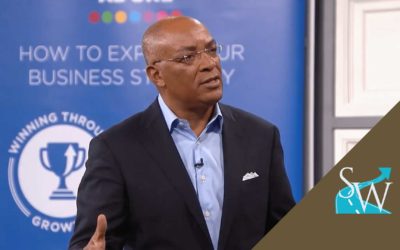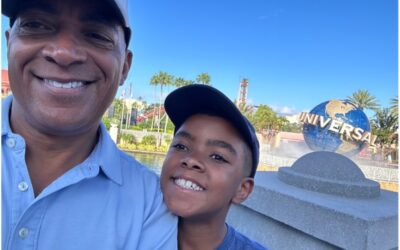If you’ve ever heard of the Pygmalion effect, then you might be familiar with a famous study that was conducted in the late 1960s. Lenore Jacobsen was the principal of a school in California, and she enlisted the help of psychologist Robert Rosenthal to launch a project designed to see how the expectations of teachers in her school affected the performance of students.
They tested students at the beginning of the school year and then told the teachers the names of the 20 percent who showed “unusual potential for intellectual growth.”
The teachers thought the names were based on the test results, but they actually were chosen at random. At the end of the school year, the students were retested. The random group showed greater increases than those who hadn’t been singled out.
The change in the teachers’ expectations of these “high potential” children led to an actual change in the intellectual performance of these randomly selected children.
The lesson: The expectations others have of us affects how they treat us, which affects the expectations we form for ourselves. And the expectations we have of ourselves affects our beliefs and our actions, which—of course—affects our results.
This is a deeply personal topic for me because I know what it’s like to feel the discouragement of low expectations—and to feel the confidence that stems from high expectations. My parents and family members—like Uncle Horace and my stepdad, Smitty—were positive sources of expectations, which helped me neutralize the lower expectations I experienced.
I also owe the higher expectations I had for myself to teachers like Alice Goodrum. Ms. Goodrum, it turned out, gave me much, much more than a good grade. She was part of a racially diverse cross section of people who showed me the goodness of humanity regardless of the color of their skin.
I never felt like an invisible cog in the educational wheel that she was trying to pass through to the next grade on her way to retirement. She took time to know me. She called on me to answer questions. She encouraged me when I did well. She told me she knew I was capable of something better when I didn’t give my best.
Ms. Goodrum recognized that the way you inspire others is to expand their view of the world and then reinforce in them a belief that they can explore that world. She could see there was a light inside me that longed to shine in some way that I could not yet envision, so she helped feed my imagination. And the more she invested, the more she saw the light get brighter and brighter because—and this is an important key—I was open to the lessons she could teach me.
Ms. Goodrum didn’t know it at the time—or maybe she did—but she was setting the stage for how I would return the gift, how I would lead and train others someday. She was showing me that you have to believe to achieve. And if you’re leading a team, you have to believe in yourself and work outward, supporting the people around you.
The capabilities of the team are always tied to the potential and growth of the leader. We have to develop ourselves before we can support our team. You’ve heard me talk about the importance of investing in “You, Inc.” by committing to self-awareness and a growth mindset.
In the spirit of Ms. Goodrum’s approach and other influencers in my life, let’s unpack some of her practices and ask ourselves if we’re providing our teams with the same gift of higher expectations so they can believe and achieve. The five tenets below are an accumulation of the feedback and guidance I’ve received.
Goodrum’s Guide to Great Expectations:
- Treat each team member as an individual, not an invisible means to an end or an anonymous group without distinct personalities or skill sets. Expand each person’s view of the world, and help them see their place in it.
- Get to know your team. Set the tone by initiating the sharing rather than expecting one-sided vulnerability from the team. Start meetings, gatherings, and conversations by checking in personally. Taking stock helps you adjust your communication style to meet your team where they are.
- Ask for everyone’s opinion. You selected everyone on your team for a reason. Lean in to that choice by tapping each person for their thoughts. Some are more likely to respond than others. Be sure to ask those who haven’t spoken yet.
- Celebrate the good. Ms. Goodrum encouraged me when I was doing well because she knew that success led to more success. Do the same for your team members. Look for the light in everyone who’s longing to shine brighter.
- Believe in your people. Help them stretch and explore, together, what they can do. Be curious about their potential so they feed off your search for what’s possible.
Live your why,
Steve
P.S. One of the best ways you can galvanize your team beyond setting expectations is to provide them with clarity around a shared purpose. Download my free Clarity Workbook today. Curious to learn more? Visit my Conversations tab and tune in to my latest interviews with Boardroom Zen and The Wow Factor.





0 Comments